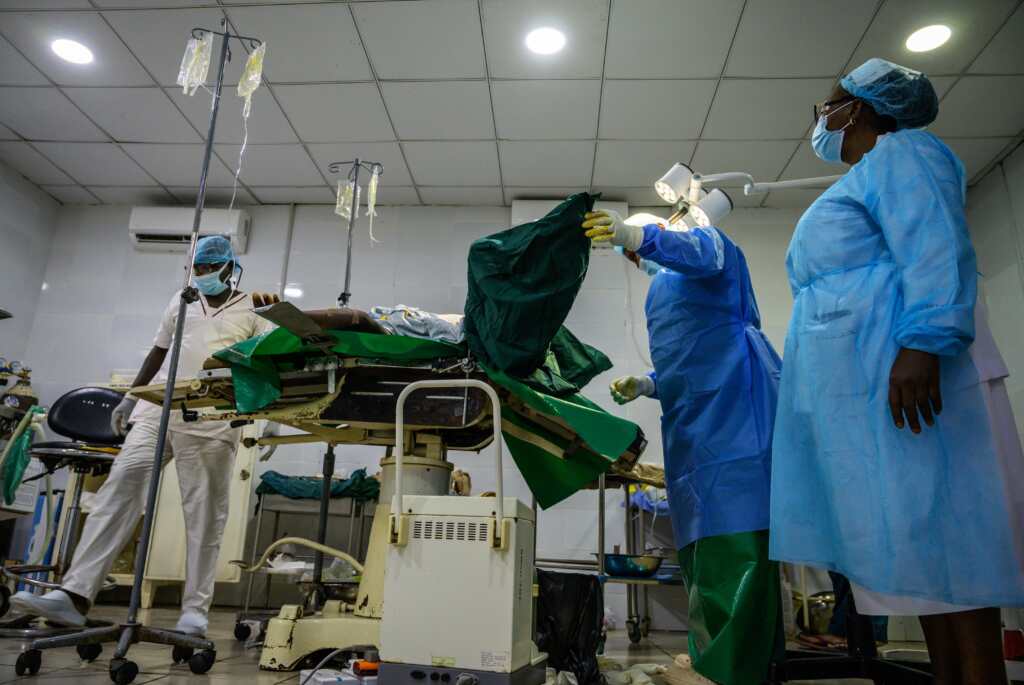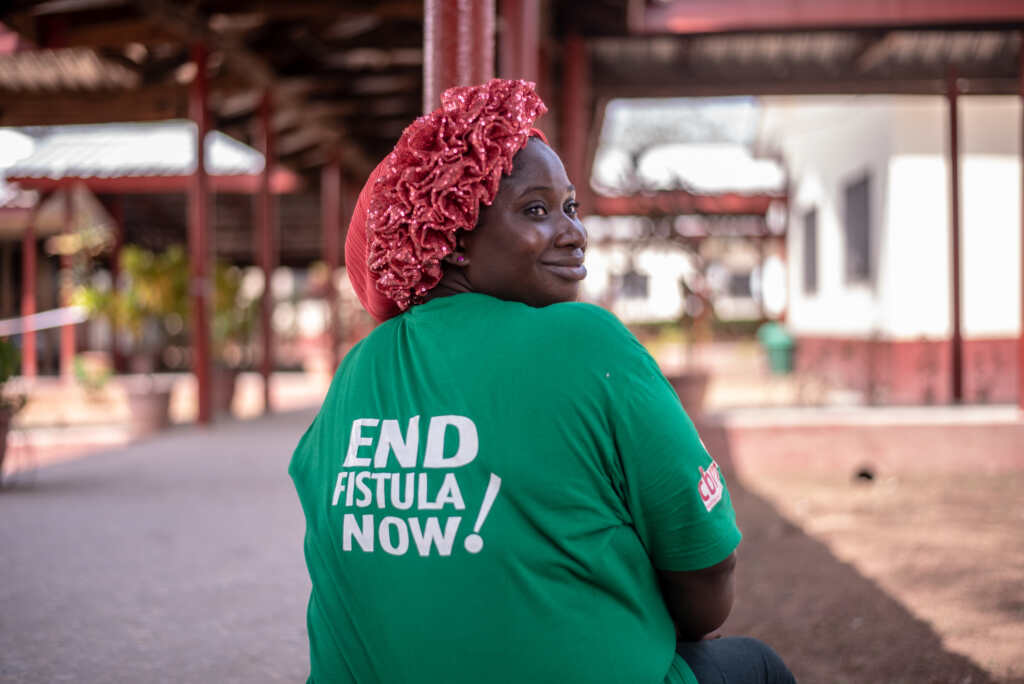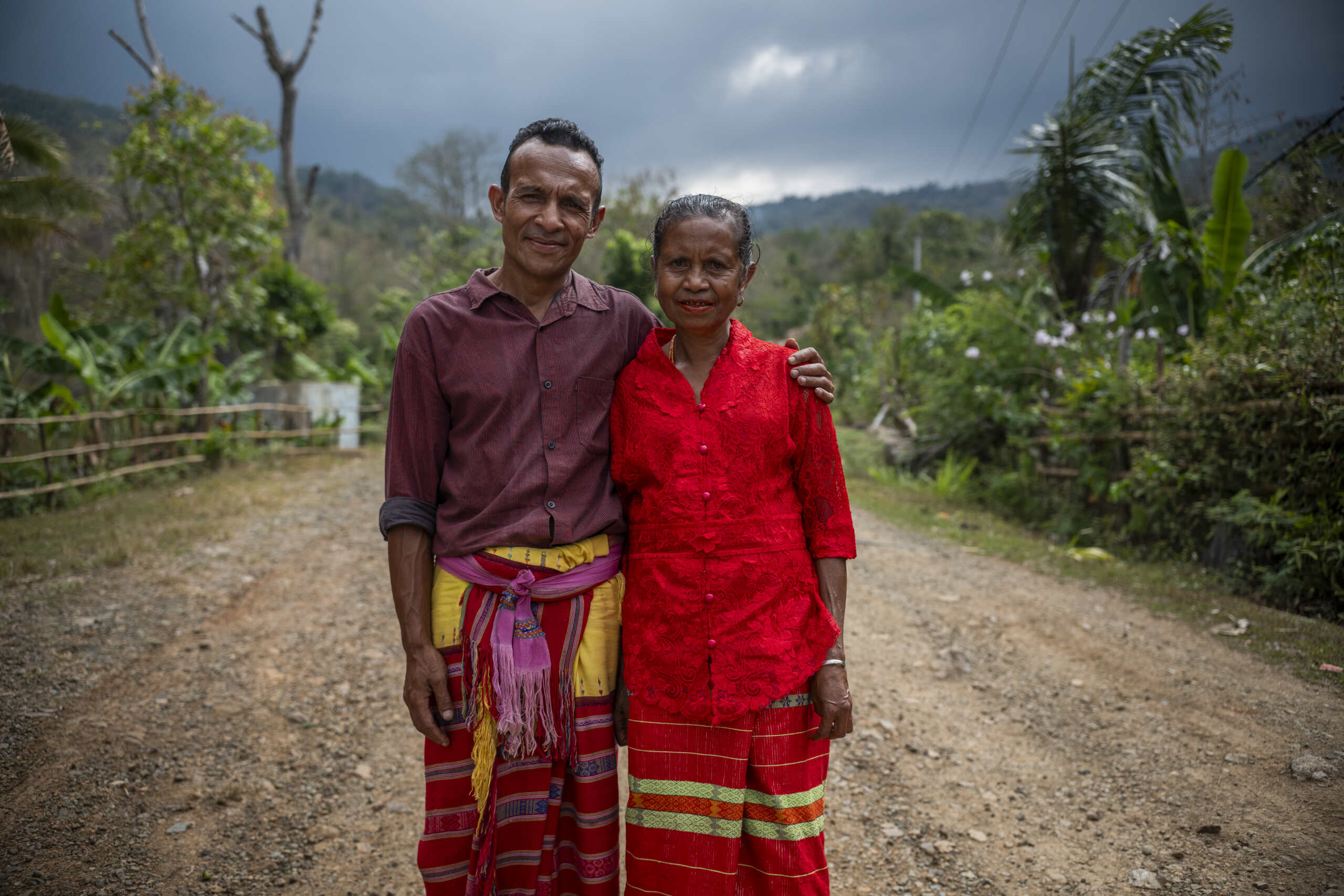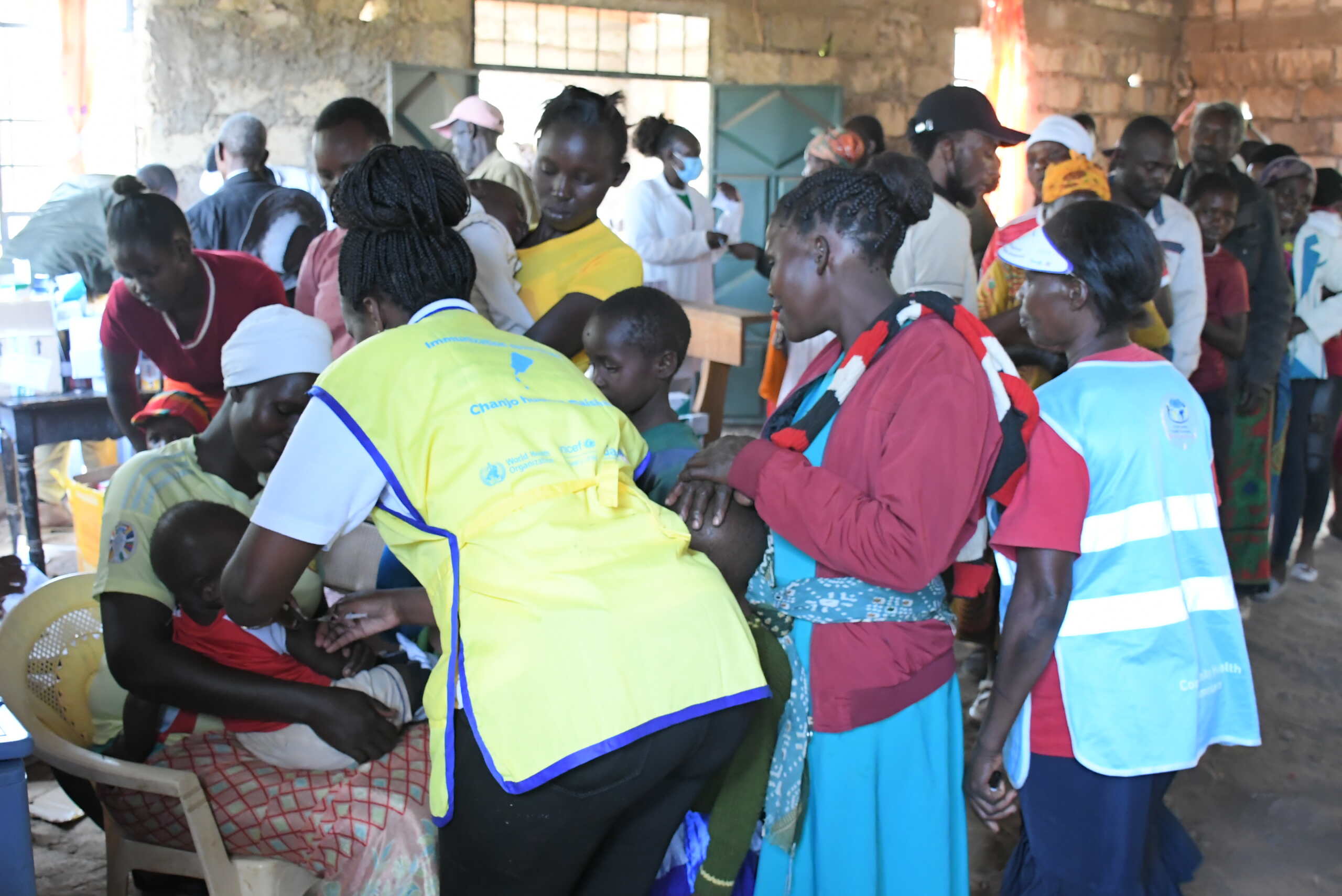Nigeria’s women’s health project
Ip, Stories | January 22, 2024
The impact of addressing obstetric fistula on women and maternal health systems.
Nigeria has 40% of global obstetric fistula cases, a preventable and treatable childbirth injury caused by obstructed labour that can leave a woman incontinent and ostracised.
At CBM Australia, we do not think that is okay. That’s why we’re supporting two projects in Nigeria that are improving access for women and girls to affordable and quality sexual and reproductive health services. And we saw some great results during the first phase.
Women and girls, including some with disabilities, learnt about obstetric fistula (its cause, prevention, treatments, and what services are available locally). This has helped reduce incidents.

Health workers played a critical role, informing community members and identifying and referring women with, or at risk of obstetric fistula for treatment and maternal and child health services.
“Our role is mobilisation and to find out who has fistula. We talk to people about disability, ante-natal, facility delivery, child spacing” – Community health worker with a disability.
Community members, especially women that have undergone fistula treatment became champions of change, forming self-help groups, and sharing information about sexual and reproductive health rights and services at schools, places of worship, and community meetings.
These activities led to 1,832 women with obstetric fistula being identified and referred for treatment – the first step to a future free from obstetric fistula. It wasn’t only women and girls that acted. Men became advocates too.
“I travelled to the Primary Health Centre where she [the healthcare worker] is working, then I asked her about the procedure. She told me they will do it freely and she encouraged me to bring my wife,” said one man who heard about obstetric fistula treatment at his mosque.
He is now sharing his experience with others.
The project supported hospitals to deliver better maternal and child health services. Buildings were upgraded and medical equipment, delivery kits and drugs provided. Doctors were trained in obstetric fistula surgery and healthcare workers were trained in Emergency Obstetric and Newborn Care. Over the past three years, healthcare workers to conducted 1,482 obstetric fistula and related procedures. For many women, especially those living in remote and poor communities, who have lived with the shame and stigma associated with obstetric fistula, accessing surgery free of charge can be life changing.

More women attended healthcare facilities during pregnancy and delivery, reducing incidents of obstetric fistula and other negative health outcomes.
“Some of the successes we are recording are that women are now informed, attending ante-natal and delivering at hospitals…women dying from childbirth has reduced” – Community group member.
While the projects focused on obstetric fistula, it is a model that can be used to strengthen health systems more broadly. Independent evaluation consultant Dr Tarry Asoka explained the project’s wider impact:
“While people were talking about obstetric fistula, they were very clear… this will certainly make a dint in maternal mortality. Within the context of elimination of obstetric fistula in Nigeria, and using this project model, there is going to be a level of change of mindset, whereby this model can spread across other jurisdictions. It provides the basis for which maternal mortality can be tackled.”
CBM Australia is proud of the project achievements and is excited to see what the project team achieves in the second phase of both projects.
CBM acknowledges the support of the Australian Government through the Australian NGO Cooperation Program (ANCP) and thanks our implementing partners ECWA Evangel VVF Centre and Survive Fistula Healthcare Foundation.
https://www.cbm.org.au/stories/nigerias-womens-health-project
Related Stories

How CBM is making a difference in Indonesia
For more than 45 years, CBM Global has been working alongside communities in Indonesia to ensure people with disabilities...

Coordinating inclusive health outreach in Meru County
For many households in Meru’s rural and remote areas, basic health services are physically...

Share your advocacy preferences with us
Thank you for helping us to advocate for the one billion people with disability globally. CBM Australia advocate across...
